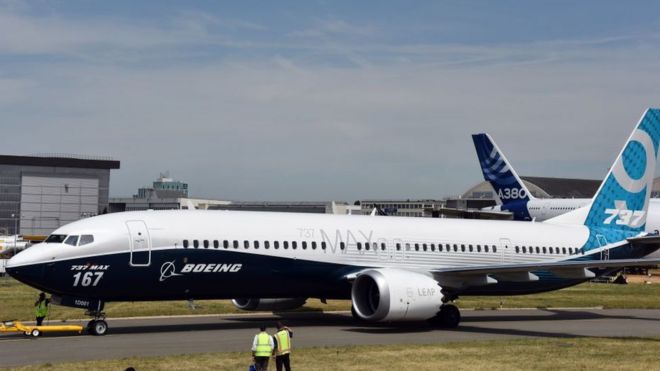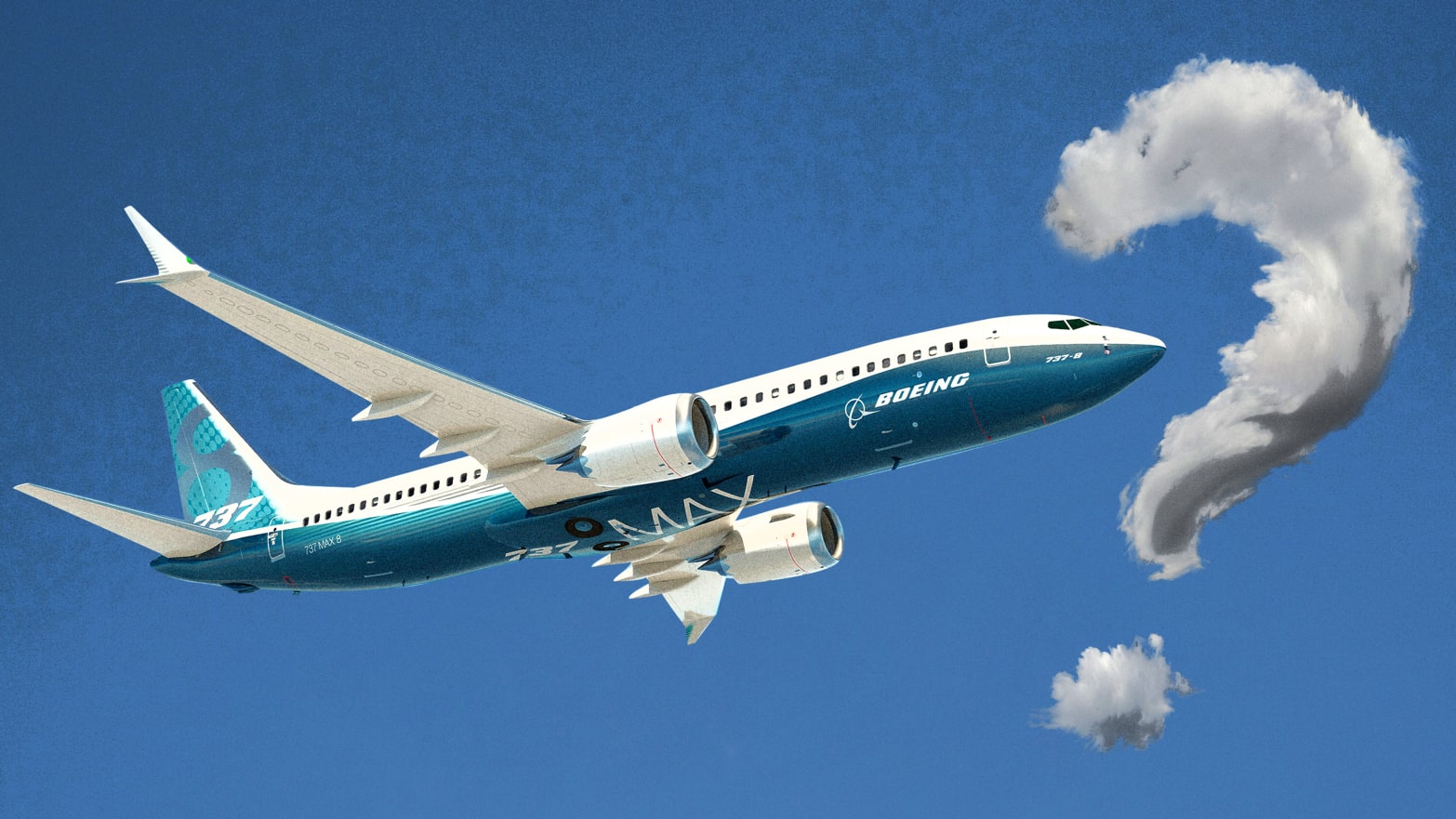
The FAA has said it’s "looking forward" to
an international panel's findings on the certification and safety of Boeing 737
Max jets but stands by the process that approved a key component of the
aircraft shortly before two crashes took the lives of more than 300 passengers.
The FAA established a Joint Authorities Technical
Review team, including experts from the U.S., the European Union and eight
other nations, four months ago. The team was asked to take a comprehensive look
at the FAA’s certification of the aircraft’s contentious automated flight
control system that has been linked to the crashes.
The FAA at the time had estimated that the review,
considered vital toward returning the planes to the skies, would take three
months. CNN has reported the panel could provide its recommendations to the FAA
as soon as next week.
"The FAA is following a thorough process, not
a prescribed timeline, for returning the Boeing 737 MAX to passenger
service," the FAA said in a statement to USA TODAY. "While the
agency’s certification processes are well-established and have consistently
produced safe aircraft designs, we welcome the scrutiny from these experts and
look forward to their findings."
The FAA says the plane's certification program
involved 110,000 hours of work over five years by FAA personnel, including 297
test flights. Any recommendations will be reviewed, and those that would
"improve our certification activities" will be incorporated, the
agency said.
The planes were grounded around the world in March,
days after an Ethiopian Airlines 737 Max crashed minutes after takeoff from
Addis Ababa, killing all 157 passengers and crew. The U.S. was the last nation
to order the planes out of the skies.

The Ethiopian Airlines crash came five months after
a 737 Max flown by Lion Air plunged into the Java Sea, killing all 189 people
aboard.
Both flights crashed after experiencing drastic
speed fluctuations during ascent, and their pilots tried to return to the
ground after takeoff. Regulators and industry experts suspect that the plane's
Maneuvering Characteristics Augmentation System, or MCAS, may have caused the
jets to make unwanted dives.
The planes made their debut in 2017 as the newest reincarnation
of Boeing's 737 and quickly became the best-selling airliner ever, with almost
400 worldwide and airline orders for 4,500 more.
Records show that federal aviation authorities
received at least 11 reports of perceived safety problems with the aircraft.
Two pilots reported their planes unexpectedly pitched nose-down after engaging
autopilot following departure. Another pilot reported a “temporary level-off”
triggered by the aircraft automation.
The captain of a flight in November 2018 called
part of the aircraft’s flight manual “inadequate and almost criminally
insufficient.”
Last month, Boeing CEO Dennis Muilenburg predicted
the planes would return to service by year's end. But federal and global
aviation authorities, not Boeing, must approve software changes sought to make
the planes airworthy.
No comments:
Post a Comment